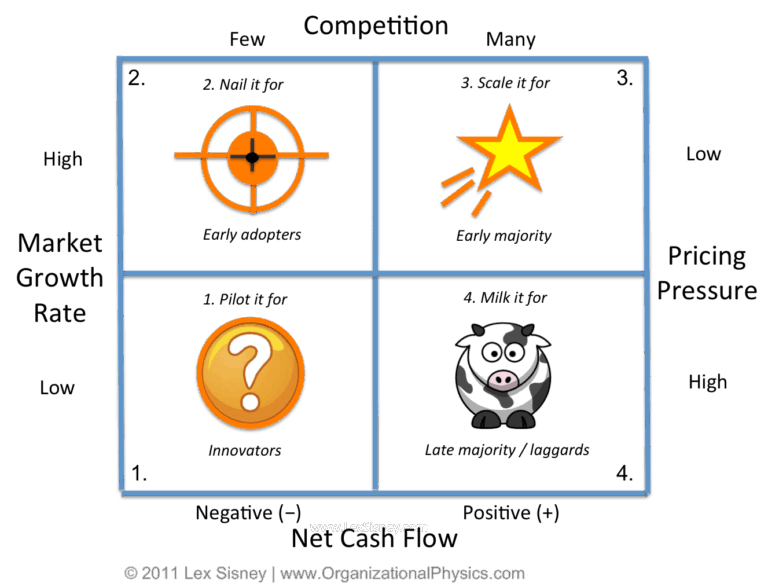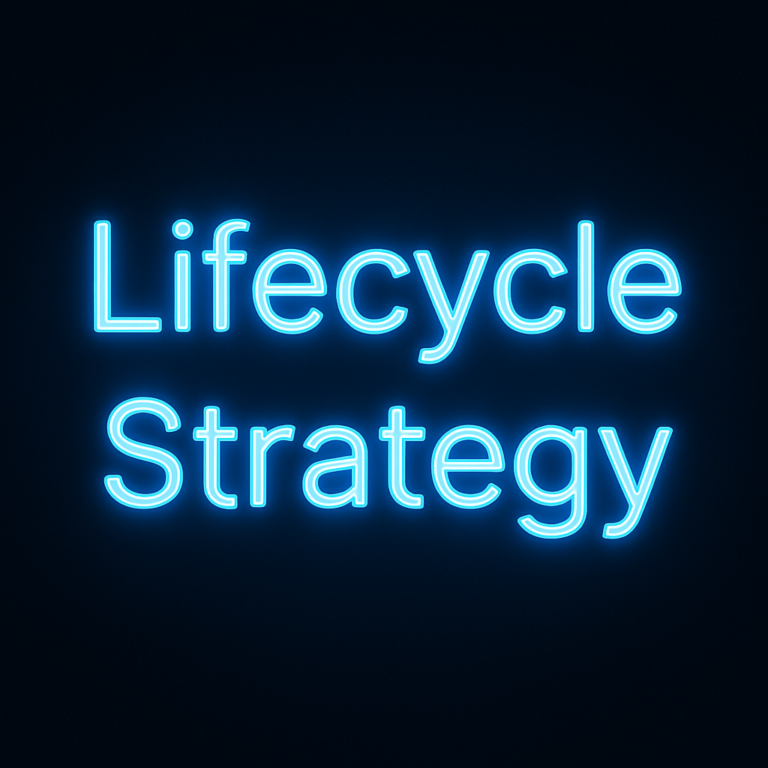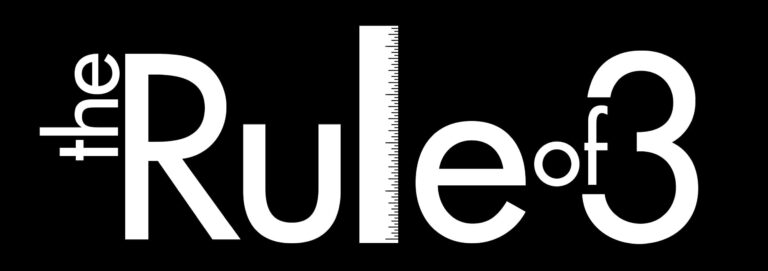
Where Are Your Energy Drains?
Don’t Fight the Physics Summary Insight: If your business is stalled, entropy is the culprit. Learn how to sniff out energy drains, restore flow, and unlock execution speed — using physics, not fluff. Key Takeaways: Entropy is the silent killer







